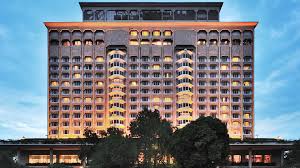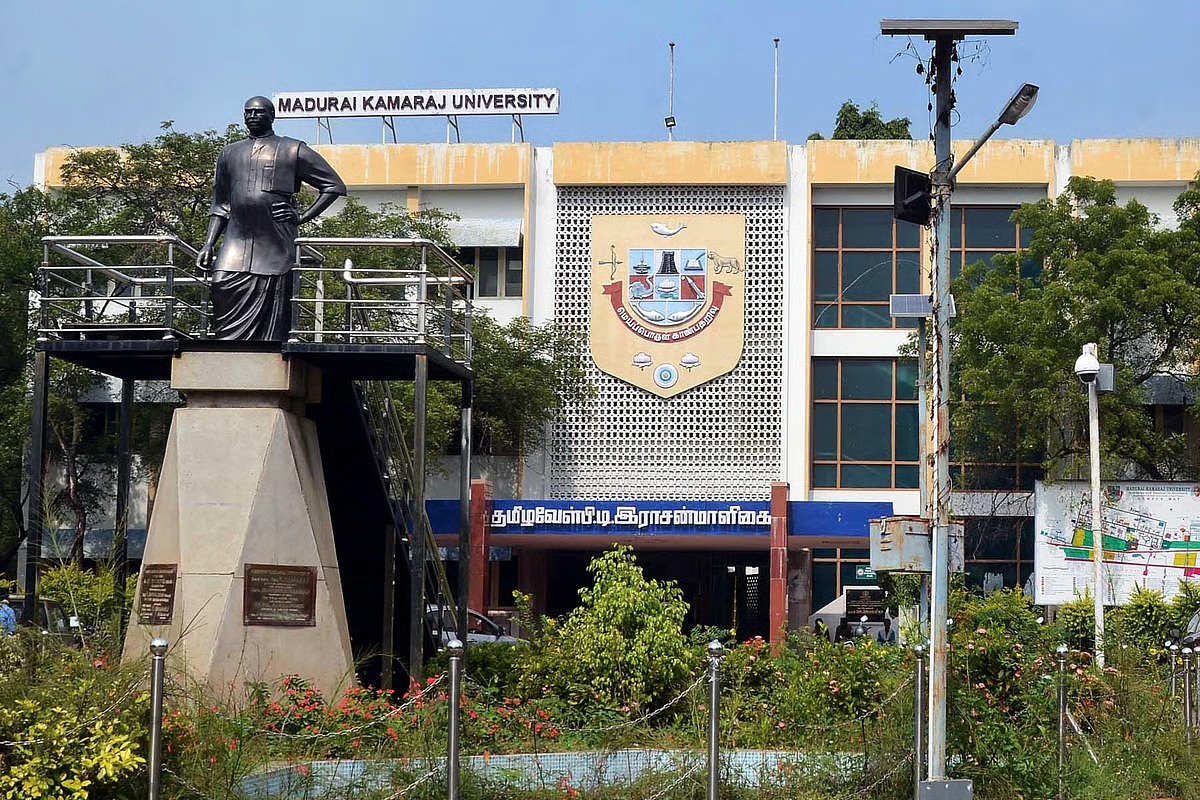K.J. Rohee, J.@mdashThe insurer has preferred this appeal against the judgment and award passed by the Member, Motor Accident Claims Tribunal of Greater Bombay in Application No.1992/1984 on 28th August, 1991.
2. For the purposes of the present appeal almost all the facts are admitted. One Gopal Kirshnan was a rickshaw driver. He was maintaining his family out of his earnings as a rickshaw driver. On 14th of March, 1984 at about 12.30 P.M. near Shiv Engineering Company L.B.S. Marg, Bhandup, while Gopal Krishnan was driving his rickshaw, Jeep No. MMF-7251 came from the back side and dashed against the rickshaw. With the result the rickshaw over turned and Gopal Krishanan was thrown out of the rickshaw. Later on Gopal Krishanan succumbed to the injuries sustained by him in the said accident. The said accident took place due to rash and negligent driving by the jeep driver. Hence widow, two daughters and a son of deceased Gopal Krishnan applied for compensation of Rs. 1,50,000/- on account of accidental death of Gopal Krishanan. The mother of deceased Gopal Krishanan was joined as one of the respondents.
3. It is contended by respondent No.6 S.K. Prabhawala that he owned the said jeep, however on 30/1/1984 he had sold the said jeep to respondent No.5 Sopan Bajirao Borade and had handed over the vehicle and the papers to him. On 2/2/1984 respondent No.6 Prabhawala by letter informed the National Insurance Company to cancel the Insurance Policy from 2/2/1984 and refund the balance premium. Accordingly the appellant cancelled the old policy and refunded proportionate premium to respondent No.6 Prabhawala.
4. Respondent No. 5 Sopan Borade after purchasing and taking delivery of the jeep took out insurance policy from 2/2/1984 to 1/3/1984 and thereafter from 20/3/1984 to 19/3/1985. Thus when the accident took place on 14/3/1984 respondent No. 6 Prabhawala was not the owner of the jeep involved in the accident. Therefore, respondent No.6 Prabhawala is not liable for the claim.
5. The appellant by its written statement put up similar contentions.
6. Respondent No. 5 Sopan Borade however remained absent, though served.
7. The parties led evidence in support of their respective contentions. After considering oral and documentary evidence on record the Tribunal held that Gopal Krishanan died in vehicular accident on 14/3/1984. That the jeep involved in the accident was being driven rashly and negligently. That on the date of accident insurable interest was that of respondent No.6 Prabhawala, though on the date of accident he was not the owner of the said jeep. Accordingly the Tribunal awarded compensation of Rs. 1,43,500/- from opponent No. 5 Sopan Borade and the appellant (who was opponent No.3) holding them jointly and severally liable. The appellant has challenged the said judgment and award.
8. I have heard Shri J.S. Chandani, Advocate for the appellant and Mrs. S.V. Sonawane, Advocate for respondent Nos. 1 to 4 (original claimants). Shri Chandani, the learned Counsel for the appellant, urged that respondent No.6 had sold the jeep before the date of accident. He had also intimated this fact to the insurer/appellant and the appellant had refunded the remaining amount of premium to respondent No.6. Respondent No. 5 who purchased the vehicle from respondent No.6 also obtained another fresh policy for the said vehicle. Thus respondent No.6 was no more owner of the vehicle and had no insurable interest on the date of accident. Respondent No.6 had no vicarious liability and the appellant should not have been held liable to indemnify respondent No.6. In support of his submission Shri Chandani referred to various provisions of The Motor Vehicle Act, 1939. He also relied on
There is no provision in the Motor Vehicles Act which would support the contention that even if the insured transfers a vehicle the insurance company continues to remain liable. The contract of insurance is a contract of personal indemnity and, therefore, the insured cannot transfer the benefits under a policy so long as such benefits are contingent. In short an insurance policy cannot be transferred by the insured without the consent of the insurer. On the insurer agreeing to such a transfer there is a novation of the contract by which the original assured is substituted by the new assured, the transferee to whom the policy has been transferred. The policy lapses on a sale of transfer of the insured vehicle and the liability of the insurer ceases unless there is an express stipulation to the contrary in the policy of the benefit conferred by Section 103A of the Act is available.
9. Shri Chandani therefore, submitted that the judgment and award of the learned Tribunal cannot be sustained and is liable to be set aside.
10. Mrs. Sawant on the other hand submitted that though respondent No. 6 was not the owner of the offending jeep on the date of accident he had insurable interest in the vehicle and hence he is liable to pay compensation. Consequently the appellant who is the insurer is liable to indemnify the same. She submitted that the issue was raised before the Supreme Court in G. Govindan (1993) question v. New India Assurance Co. Ltd. and Ors. 3 Supreme Court Cases 754, wherein a specific was formulated by the Supreme Court as to whether the insurance policy lapses and consequently the liability of the insurer ceases when the insured vehicle was transferred and no application/intimation as prescribed u/s 103-A of the act was made/given. After considering the judgments delivered by the Full Benches of various High Courts, the Supreme Court in the said case observed as under:
Thus, we are clearly fortified in out view that the insurable interest in the property is not necessary in the case of public liability insurance. The test is whether the liability under the statute ceased or not notwithstanding the passing of title and hence we respectfully dissent with the view expressed by various High Courts that on the sale of the vehicle the insurable interest ceases and the policy lapses. We agree that any claim of the transferee in respect of his property and his person cannot be enforced against the insurance company. He being a stranger he cannot have any claim against the insurance company. But the third party risk is concerned so long the obligations under the statue are not fulfilled, as contemplated u/s 31 read with Section 94, he continues to have the insurable interest till such obligations are fulfilled". " Any prudent purchaser should take steps to get the policy transferred to him u/s 103. The insurer is bound to accept the transfer and can only refuse to consent on specified grounds. It is clearly an impracticable view to take that on passing of property in the vehicle, the policy lapses and the obligation u/s 94 of the Act ceases. In fact as observed by the Supreme Court the policy is to the vehicle and hence normally it should run with the vehicle. It just to expect a reasonable time for the transferor to make the necessary arrangement to notify the transfer u/s 31 and secure the certificate u/s 29A within the time mentioned in those provisions. If this is not allowed, the moment the vendor receives the money and puts the vehicle in possession of the transferee, the latter is not a position to use the vehicle in view of Section 94 till a fresh policy is obtained. He cannot take the vehicle to his house passing through any public place. When the transferor is liable to pay penalty u/s 31 and also liable to be prosecuted u/s 112 for not notifying the transfer, we are clearly of the opinion such statutory liability makes him to retain the insurable interest as the liability subsists till he discharges the statutory obligations. We disagree with the view expressed in N. Kanakalakshmi v. R.V. Subba Rao". The registration of the vehicle in the name of the transferee is not necessary to pass title in the vehicle. Payment of price and delivery of the vehicle makes the transaction complete and the title will pass to the purchaser. When the policy of insurance obtained by the original owner of the vehicle is a composite one covering the risks for his person, property (vehicle) and the third party claim, on passing of title the transferee cannot enforce his claim in respect of any loss or damage to his person and vehicle unless there is novation. So far the third-party risk is concerned the proprietary interest in the vehicle is not necessary and the public liability continues till the transferor discharges the statutory obligation u/s 29-A and 31 read with Section 94 of the Act. Till he complies with the requirement of Section 31 of the Act the public liability will not cease and that constitutes the insurable interest to keep the policy alive in respect of the third-party risks are concerned. It must be deemed that the transferor allowed the purchaser to use the vehicle in a public place in the said transitional period and accordingly till the compliance of Section 31, the liability of the transferor subsists and the policy is in operation so far it relates to the third-party risks. We answer the second question accordingly.
11. It is evident that though the Full Bench decision of Gujrat High Court in Shantilal v. Aher was not specifically referred to by the Supreme Court, the same was impliedly over-ruled and it is no more a good law.
12. The decision of the Supreme Court in G. Govindan v. New India Assurance Co. Ltd. and Ors. was rendered by a Bench of 2 Hon''ble Judges, whereas the said judgment was followed and confirmed by the decision of the Supreme Court comprising 3 Hon''ble Judges in
13. In the case before me though respondent No.6 had given intimation to the appellant about the sale of jeep and had made request to refund all remaining amount of premium the request was accepted and acted upon by the appellant only after the accident in question. As such the Tribunal was justified in holding that respondent No.6 had insurable interest in the offending vehicle and is liable to pay compensation. Consequently the appellant is liable to reimburse respondent No.6. 14. In the result I find no merit in the appeal. The same is therefore dismissed with cost.

